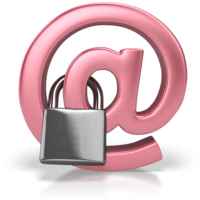
Why You Need Email Encryption
Would you be upset if someone unintended read your mail? What if the letter contained sensitive information? Now consider email. If you’re like many people


Would you be upset if someone unintended read your mail? What if the letter contained sensitive information? Now consider email. If you’re like many people
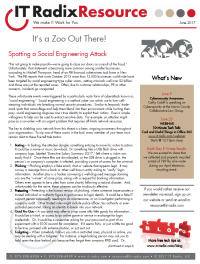
It’s a Zoo Out There!
In this issue:
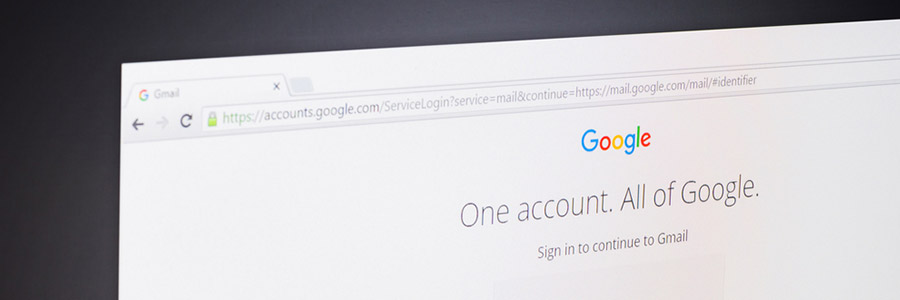
As the technology that recognizes and thwarts malware becomes more advanced, hackers are finding it much easier to trick overly trusting humans to do their
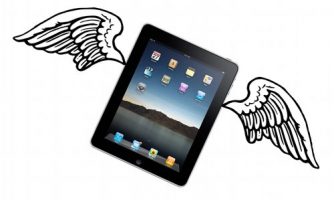
The keepers of the Parrot Gardens at the Vancouver Zoo thought they had it all under control in 2009. Clip the wings of all the

Most phishing attacks involve hiding malicious hyperlinks hidden behind enticing ad images or false-front URLs. Whatever the strategy is, phishing almost always relies on users

It’s a Zoo Out There!
In this issue:

Many people believe that ostriches put their head in the sand to hide from danger. The reality is that they are using their beaks to

Wikileaks, the website that anonymously publishes leaked information, recently released a number of documents alleging widespread surveillance by the US government. The released documents claim
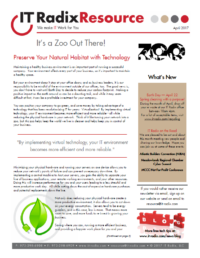
It’s a Zoo Out There!
In this issue:

Ransomware is everywhere. Over the last couple years, dozens of unique versions of the malware have sprung up with a singular purpose: Extorting money from
"*" indicates required fields